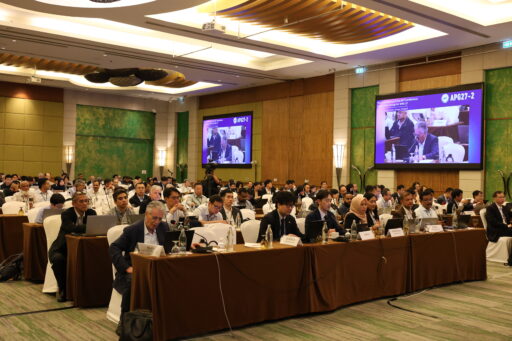What is sub-allocation?
The Swedish Post and Telecom Authority (PTS) has decided to ban the sub-allocation of telephone numbers. Sub-allocation, also called ‘sub-assignment,’ occurs when a numbering resource permit holder (a telecommunications provider) allows another provider to use its allocated numbers to provide services to end-users. This creates an additional layer between the permit holder and the subscriber, without transferring the rights and regulatory obligations associated with the numbers.
From now on, under new rules applicable in Sweden, only the provider holding the permit for the use of numbers and providing services to end-users may use the numbers. Entities currently using numbers under sub-allocation arrangements are now required to either apply for their own number allocation permits or formally transfer the numbers from the permit holder with the approval of the PTS. Companies engaging in sub-allocation must cease the practice or transfer the numbers to the actual user to remain compliant. The PTS has indicated that it may initiate enforcement action, including injunctions and fines, where breaches continue.
Why has Sweden banned it?
The PTS has emphasised that banning sub-allocation is necessary to ensure the efficient use of scarce resources and to maintain the traceability of calls to support law enforcement investigations, especially as sub-allocated numbers are increasingly being used to commit fraudulent activities.
In Sweden, banning sub-allocation can help prevent bad actors from exploiting opaque arrangements in which the actual user is hidden behind a permit holder with no direct relationship to the end-user. However, it may also limit flexibility for legitimate service providers and increase compliance burdens on smaller players who need numbers but cannot easily obtain direct allocations.
What will the impact be?
Eliminating telephone sub-allocation outright removes a valuable mechanism that has long allowed smaller providers and emerging service models to enter the market efficiently. While the intent to curb fraud is both necessary and commendable, a more targeted regulatory framework – through enhanced oversight, mandatory traceability, and stricter due diligence – could achieve the same enforcement goals without imposing structural disadvantages on legitimate operators. By closing the door on misuse, policymakers risk also narrowing the pathways for innovation that drive a dynamic, competitive telecoms sector.
Access Partnership supports clients in navigating the complexities of telecommunications regulations and the conditions for providing innovative services through expert analysis and strategic guidance. To find out more about how our dedicated Regulatory Strategy & Market Access experts can help you adapt to evolving requirements, please contact Chrystel Erotokritou [email protected].
Authors







